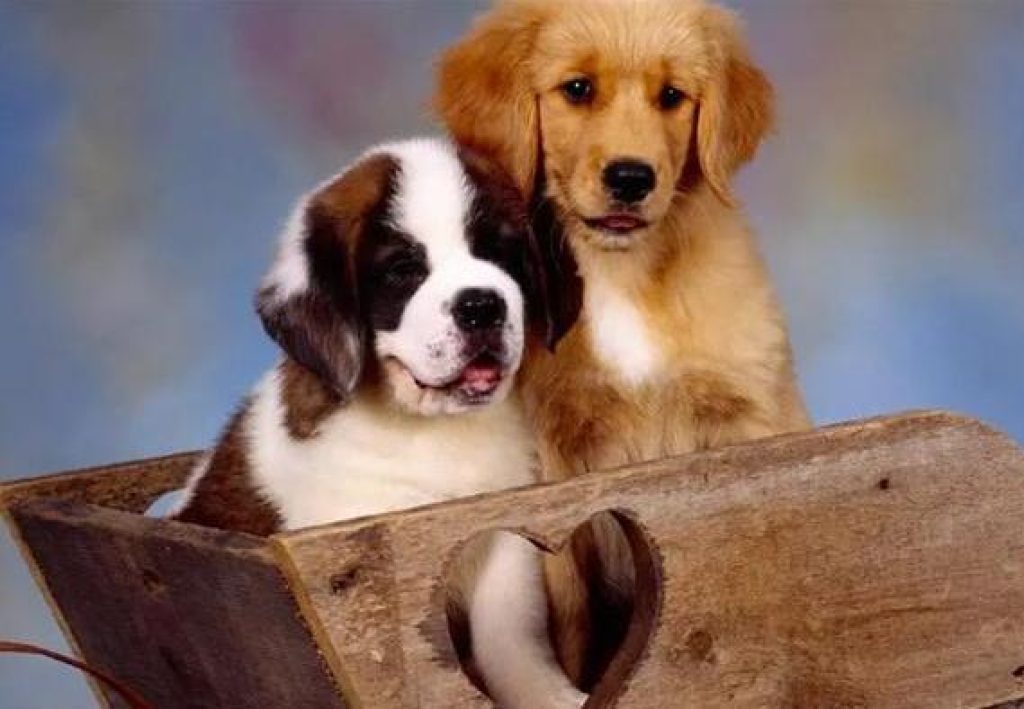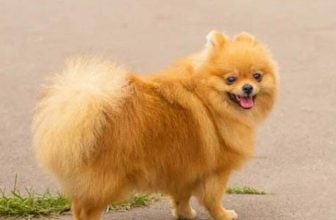
Dogs at different stages have different calorie needs. The dog’s calorie needs are related to the dog’s age, breed and other factors. In addition, the calories contained in different dog foods are also different.
1. How many calories are in dog food?
Generally speaking, each type of dog food will state the calorie content in the dog food and the corresponding feeding amounts for dogs of different ages. Pet owners can use this as a reference. On this basis, the feeding amount is further adjusted according to the dog’s weight and food intake. Because there are differences between dogs, the reference opinions on the dog food bag cannot fully correspond to the situation of each dog. Puppies in the growing period and dogs in the breeding period require 2 to 4 times more calories than other adult dogs.
Calories refer to the energy that can be produced after eating a specific food. 1,000 calories is 1 kilocalorie. Generally, 1 pound of dog food contains 1,400 to 2,000 kilocalories. One and a half pounds of wet food generally contains 1,200 to 1,350 kilocalories. A pound of wet food usually contains 375 to 950 kcal.

2. How many calories do dogs need?
The amount of calories that young dogs need is quite different from that of adult dogs . The age, size, metabolism and energy consumption of dogs of different ages affect their calorie needs. Generally speaking, large dogs require fewer calories per pound of body weight than small dogs. Small dogs refer to dogs weighing less than 20 kilograms as adults. Adult small dogs need approximately 50 kcal per kilogram of body weight per day; medium-sized dogs refer to dogs weighing between 20 and 50 kilograms. Adult medium-sized dogs The daily caloric requirement is approximately 30 to 40 kcal per kilogram of body weight. Large dogs refer to dogs that weigh between 50 and 100 kilograms as adults. Giant dogs refer to dogs that weigh more than 100 kilograms as adults. Their daily caloric requirements are 20 to 30 kcal, or even more. few. If your dog eats less and does not consume enough calories, it is recommended to take it to the pet hospital for a check-up and to rule out some possible health problems. Occasionally feed your dogs some delicious food to increase their appetite. In addition, for some dogs with small appetites but high energy needs, pet owners can choose high-quality, high-energy foods to feed them, so that although the dogs eat very little, they can still supplement enough calories. Of course, although some dogs are relatively large, their energy requirements will be relatively less due to the amount of exercise. If the veterinarian checks the dog and determines that the dog does not need to adjust its diet, then there is no need to change it.
In addition, the snacks or other foods that the dog owner usually feeds to the dog also contain energy. Pet owners should not ignore the energy of these foods to prevent the dog from supplementing too much energy. However, if the dog’s appetite is relatively small and eating dog food alone cannot meet the energy requirements of the dog, you can also feed them some dog-specific snacks or food suitable for them. However, you should also be careful not to feed your dog too many snacks, otherwise it will easily cause the dog to be picky and affect its health.







